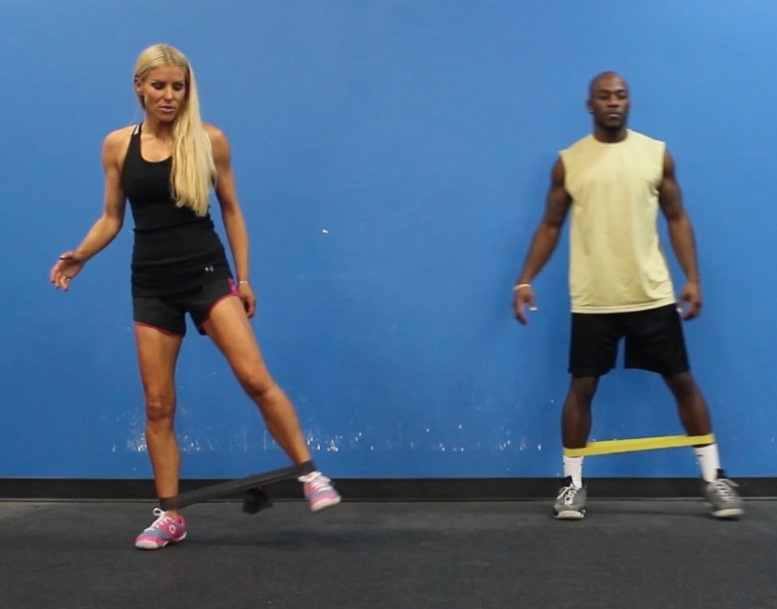The two-hour post-workout recovery period is a critical time for active people at all fitness levels to consume nutrients that will help repair and rebuild their muscles. One of the most common recovery beverages is a protein shake; however, studies have shown that drinking low-fat chocolate milk (LFCM) offers the same, if not better, recovery advantages. Yes, you read that correctly, your favorite childhood drink is one of the best recovery drinks on the market. Is there a better post-workout reward than chocolate milk?!
During exercise, the body goes into a catabolic state, breaking down tissue and molecules to generate energy for your body. After exercising, this energy is then used to fuel anabolism, the process that is responsible for constructing larger molecules in the body such as glycogen and proteins. In order to do this, your body needs to replenish its protein and carbohydrate stores – the basic building blocks of muscle protein and glycogen synthesis.
Low-fat chocolate milk has a 4:1 protein-to-carb ratio, making it a perfectly balanced drink to refill your body’s glycogen stores while also providing enough protein to build lean muscle. It also has 9 essential nutrients, including some not always found in recovery drinks such as B vitamins, calcium, vitamin D, phosphorus, protein, and potassium. Here are some of the benefits of drinking low-fat chocolate milk after exercise:
Helps Build Muscle and Maintain Lean Muscle:
- In a 2010 study, post-exercise muscle biopsies in eight moderately trained male runners showed that after drinking 16 ounces of fat-free chocolate milk, the runners had enhanced skeletal muscle protein synthesis compared to those who drank a carbohydrate-only sports beverage. This demonstrated that the runners who drank LFCM had an improved ability to repair and rebuild their muscles (1).
- Additionally, a study conducted with healthy, untrained men who consumed fat-free milk after exercise, gained more muscle and lost more body fat at the end of a 12-week training program than those who drank a soy protein beverage or carbohydrate only drink. Each drink had the same amount of calories and a second study showed similar results in women (5,6).
- Researchers also found that drinking fat free chocolate milk after exercise helped decrease markers of muscle breakdown compared to drinking a carbohydrate sports drink (3).
Replenishes Muscle Fuel and Improves Subsequent Exercise Performance:
- Replenishing your muscles glycogen (carbohydrate) stores after exercise is crucial. A study found that drinking 16 ounces of fat-free chocolate milk led to greater concentrations of glycogen in muscles at 30 and 60 minutes post exercise when compared to a carbohydrate-only sports drink (2).
- An Indiana University study found that endurance trained cyclists who drank LFCM after an intense exercise were able to workout longer and had more power during a second exercise when compared to those who drank carbohydrate-only sports drinks (7).
- Lastly, a study conducted with 32 healthy, but untrained cyclists who recovered with LFCM had twice the improvement in VO2 max (a measure of aerobic fitness) after a 4.5 week cycling regiment compared to those who consumed a carbohydrate only drink (8).
Clearly, LFCM is a force to be reckoned with in the exercise world. Next time you want to spend $60-100 on a high-end protein powder, opt in for the jug of chocolate milk instead. One last benefit of chocolate milk is that it’s fantastic for rehydration (it is made of 90% water). Basically, it is water on steroids – containing electrolytes, protein, and carbohydrates, a post-workout trifecta!






